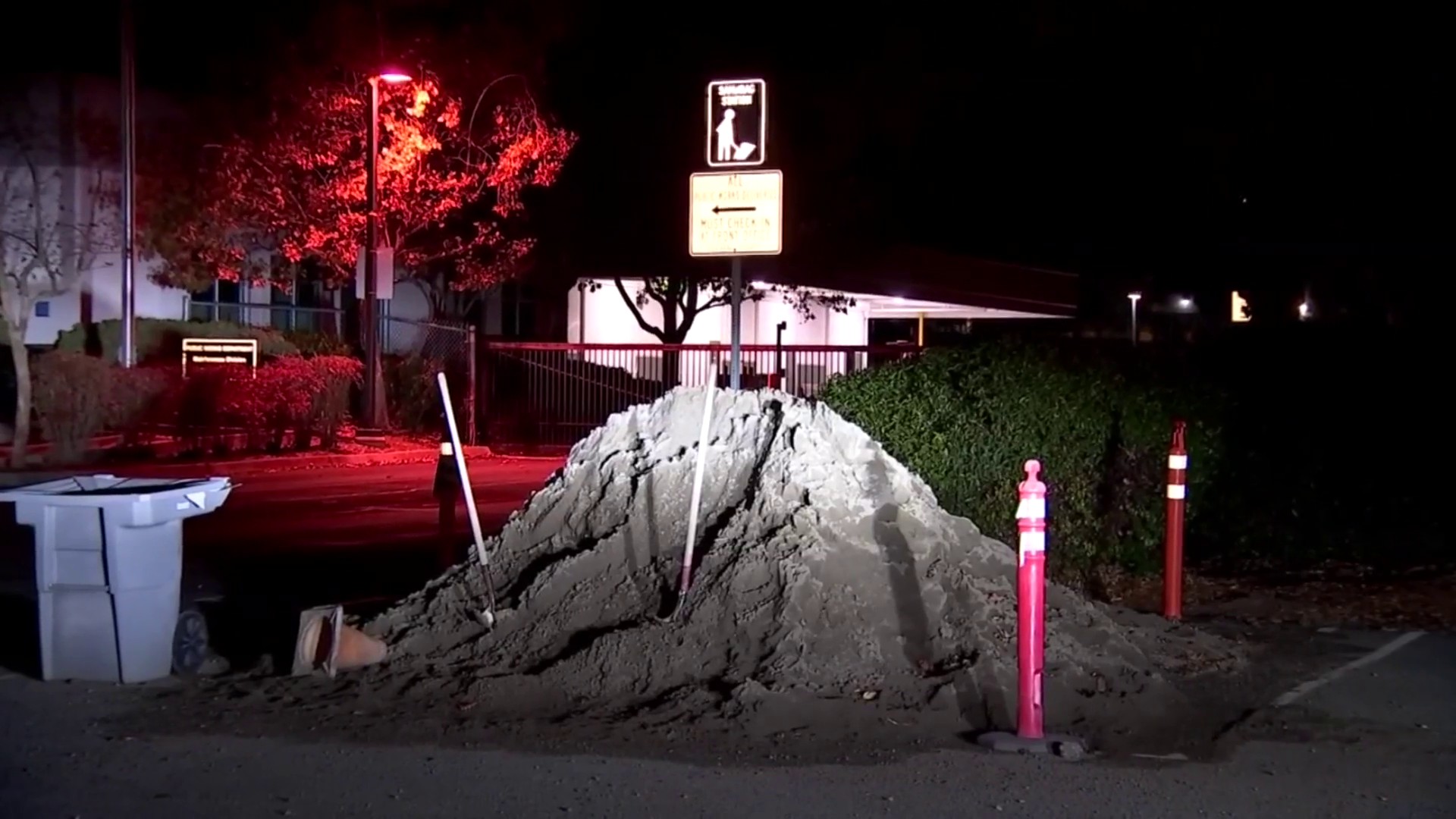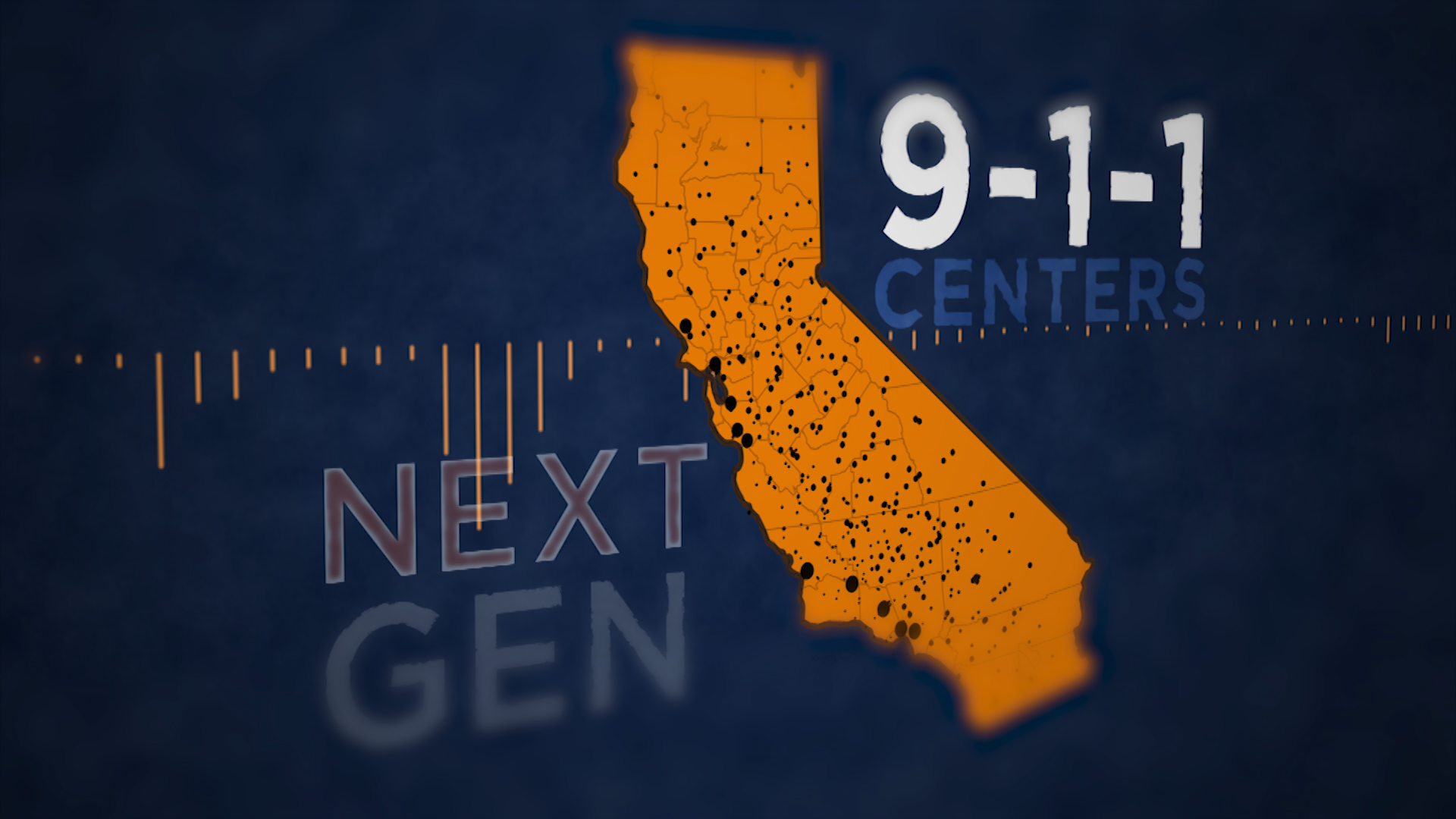There’s something surprising that’s robbing the wealthiest Americans of their money: their own families.
Just ask Stephen Lovell, who works a regular 9-to-5 job in his Walnut Creek office. He recalled his lush and luxurious childhood.
"We were always protected. Wherever we went, everyone knew who we were – we were the Forsyths," he said.
Lovell said his grandfather built clothing manufacturing business in Canada, one so successful it attracted celebrity clients like Bob Hope and Hall of Fame pitcher Satchel Paige. The wealth included cash, a summer cottage, a hobby farm and the main estate, where Lovell recalls his family hosted Gatsby-esque parties.
"My uncles, aunts and mom with drinks were playing the piano and dancing. It was magic."
Lovell said his grandfather passed on the entire fortune, what would amount to roughly $120 million today, all to his five children. He added they suffered from alcoholism and lack of business training, which led to the dissipation of the entire wealth.
"They had maids, they had everything taken care of," Lovell said. "But I don’t think any of them had good work discipline."
Local
And in a matter of years, by the time Lovell was 19 years old, all that family money was gone.
This is not a new or uncommon story. According to a study of 3,250 rich families conducted by Roy Williams, a wealth transfer expert, 70 percent of wealthy families lose their wealth by the second generation. That number goes up to 90 percent by the third generation.
The way they lose it may be a surprise. According to the same research, poor investment performance, poor tax planning, poor legal structure and poor advice from advisers make up less than 5 percent of the failure rate.
"The biggest cause for failure in long-term wealth management is lack of trust and communication among family members," said Michael Cole, president of Ascent Private Capital.
APC is a division of U.S. Bancorp. The firm helps to manage wealth and wealth impact. Cole said different kinds of wealth lead to different outcomes.
"There’s a huge difference between entrepreneurial wealth and inherited wealth," Cole said. "Entrepreneurial wealth is a badge of honor. You look at it as a scorecard accomplishment. But when you inherit wealth, you wonder what else did you do other than be born to it. It becomes a real psychological weight for some of these kids."
That’s why the San Francisco office has a team of advisers dedicated to helping wealthy families across the country. There are psychologists and even a genealogist on hand.
Karen McNeill said she fills out the family tree for people with a simple goal in mind: Learn about the family, its past, and its legacy, and apply it as glue to fix broken family bonds.
"I was at a party where 18 family members from ages 15 to 80 came," she said. "Siblings who hadn’t seen each other, been in the same room for 15 years were there, and they had had a rift. So family history brought them together."
Kristen Armstrong, a psychologist on the Ascent team, said she works specifically with wealthy families to help them avoid common scenarios like family members suing one another or children getting disowned. One of her exercises is taking them on multi-day retreats at luxury resorts to engage in deep discussion about values and relationships. She said the lessons also include kids, giving the example of a boy as young as 9 who was included in the lessons.
"He’s been increasingly added into discussions, mostly around family legacy and gathering some of the memories the family has, as well as what it means to be a part of the family," Armstrong said.
Armstrong acknowledged it’s difficult for the younger family members to truly comprehend the gravity of the situation. "There’s no way they understand it, but what they are coming away with, nonetheless, is having faced conversations about wealth that are no longer such taboo conversations," she said.
The lessons don’t merely include the kids, some of them focus directly on the kids. Ascent has recently tested one of its own custom-made board games, titled "The Lemonade Stand," which features entrepreneurial bucks, promissory notes and values cards.
The game presents the young players with scenarios intended to teach them how to best navigate business decisions and relationship building. For example, one card reads, "A friend approaches you with the idea to improve your next product or service. It could put your business on the map. Pay a $2,000 set-up fee."
A 2013 Ernst and Young report estimated that this Ascent office is just one of 3,000 single-family offices in the world performing a similar, if not identical, function. Half of them have been set up in just the last 15 or so years.
Armstrong points to the Internet to explain what’s pushing the growing number of wealth management firms, with senior generations no longer able to hide their wealth anymore.
"All our kid has to do is go online and see what a certain company was sold for, find out what their parents are worth," Armstrong said. "Cat’s out of the bag."
Stephen Lovell knew his family was rich, that was never hidden, but he attributes his financial savvy to his mother’s lack of knowledge and the eventual loss of tens of millions of dollars.
"She knew she was not a good steward for what her mother and father had created. She had let them down."
And that led him to how he makes his own money: Lovell is now a financial adviser.
"When I thought about what had once been and was no more, I thought helping other people preserve their wealth, their dignity, their values, being able to transfer that to the next generation – that’s important."



